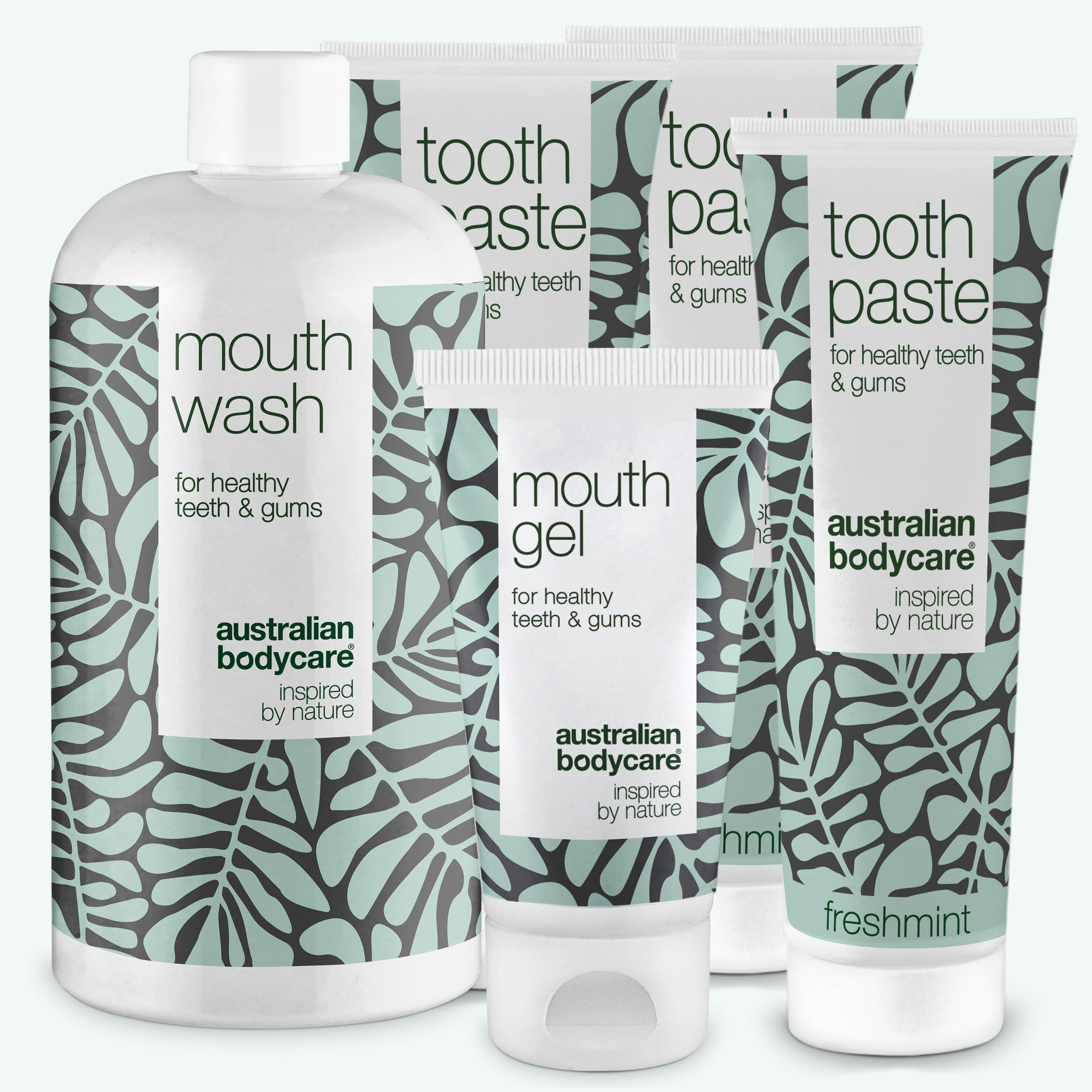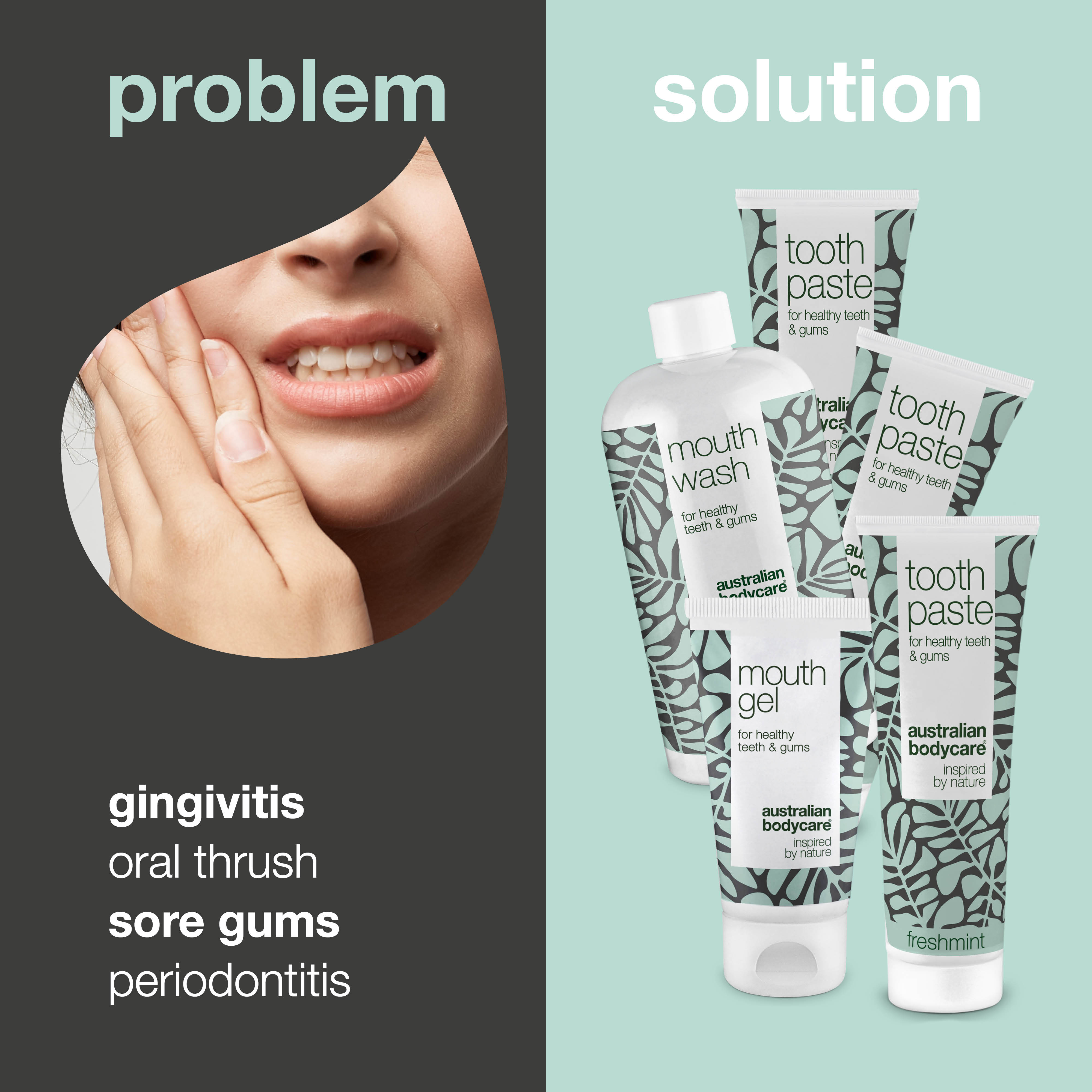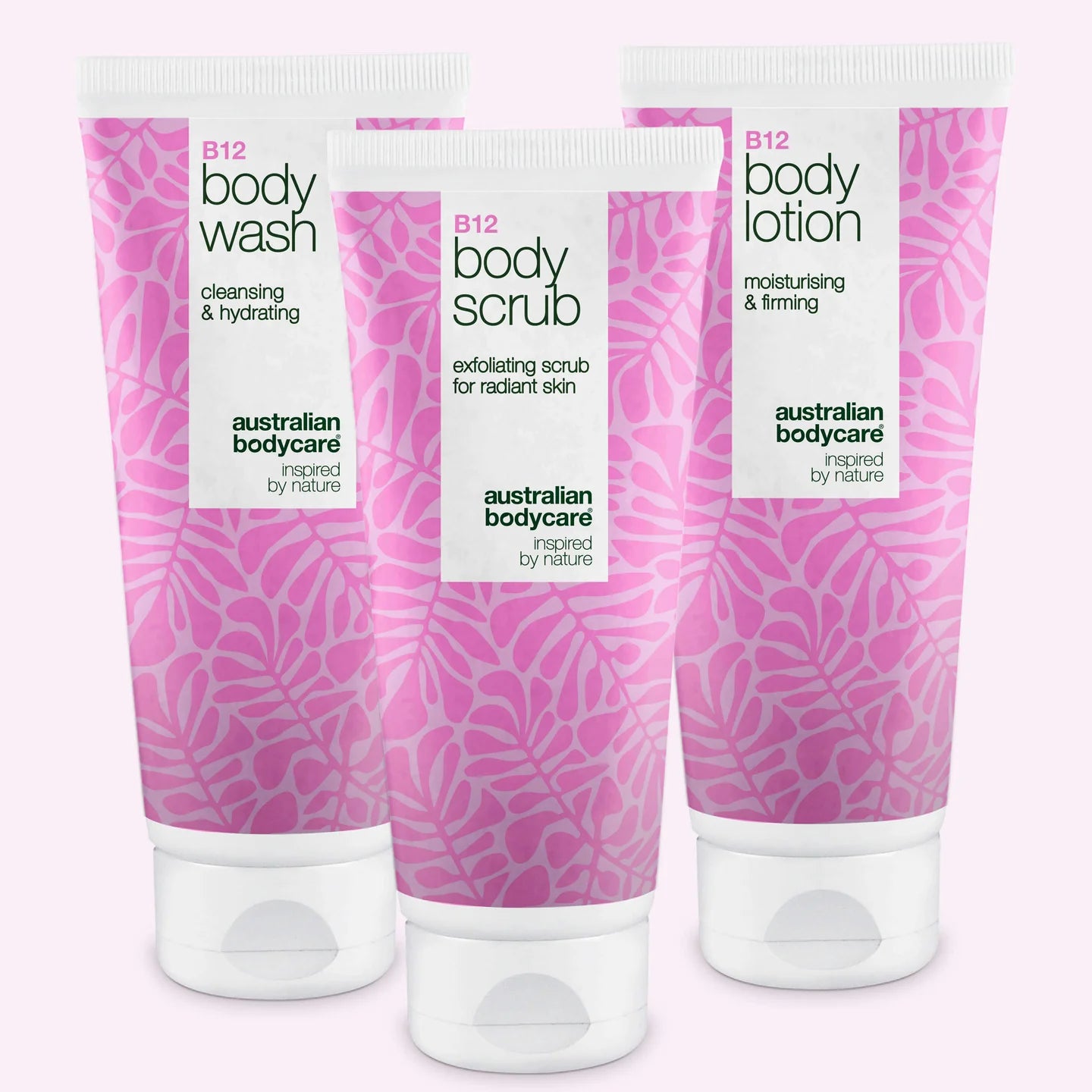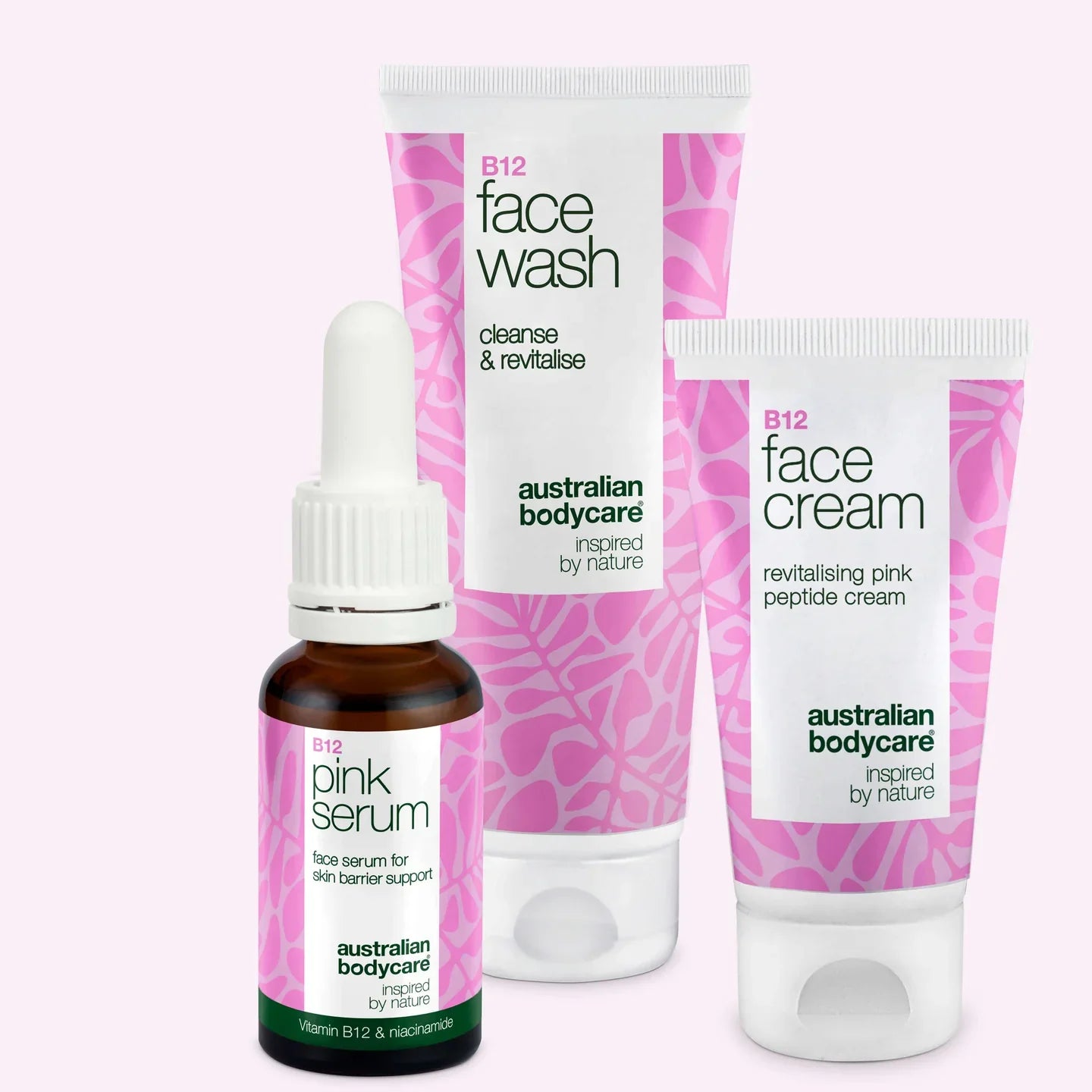Effective Tips to Relieve Teeth Pain Naturally
Teeth pain can be incredibly uncomfortable and can stem from various causes such as cavities, gingivitis, dental injuries, or issues with wisdom teeth. The pain can range from mild discomfort to intense pain that requires immediate attention.
Learn more about how to keep your teeth healthy.
Table of contents
What is Teeth Pain?
Teeth pain occurs when something is wrong with your teeth or the surrounding tissue. It can range from an untreated cavity to serious conditions like an root canal infection.
The pain can vary from mild discomfort to intense pain that needs immediate action. This problem can affect your daily life and may indicate that your tooth needs professional care.
Triggers for teeth pain include cavities, cracks in the teeth, or gum infections. These conditions can worsen if not treated properly and quickly. To avoid further complications, it’s essential to seek advice from a dentist and get the necessary treatment.
Paying attention to dental hygiene and regular visits to the dentist are also crucial to prevent these issues.

Causes of Teeth Pain
Teeth pain can be caused by various factors such as cavities, gingivitis, dental injuries, and infections. Bacteria can cause gum inflammation, leading to pain and swelling around the teeth.
Dental injuries like broken or cracked teeth can also be a source of pain.
Cavities
Cavities are often the culprit behind mouth pain. They occur when bacteria from food attack the tooth enamel, creating small openings that can grow larger and reach the nerves inside.
This leads to pain and discomfort. To combat the pain, rinse your mouth with warm water to clean it out. It also helps to remove food particles between the teeth with floss.
Prevention is key to avoiding cavities. Regular brushing with toothpaste twice a day and flossing keeps your mouth free from harmful bacteria. A healthy diet with less sugar and starch also protects against new cavities.
Visit your dentist regularly for check-ups and cleanings so small problems can be caught early.
Gingivitis
Gingivitis occurs when bacteria build up along the gum line and create inflammation. It can hurt and often makes the gums bleed when brushing.
Untreated, this condition can lead to periodontitis, where the bone holding the teeth also becomes inflamed. Therefore, it’s important to maintain good oral hygiene and visit the dentist regularly to prevent further issues.
Keeping gingivitis at bay involves daily brushing with a good toothbrush, flossing, and using mouthwash. These simple steps help remove plaque and bacteria, which are the main causes of gum inflammation.
Regular dental check-ups also provide a professional cleaning that can reach areas you might miss at home.
Dental Injuries
Dental injuries can occur due to trauma causing breaks or cracks in the teeth. This can happen in accidents, sports injuries, or biting hard objects. Damage to teeth can also lead to discomfort and pain, and it’s important to seek medical help to assess the extent of the injury and get proper treatment.
After a dental injury, it’s recommended to visit a dentist to get an assessment and possible treatment. It’s important to handle dental injuries promptly to avoid further complications like infections or tooth loss.
By seeking professional help, you can ensure proper treatment and reduce the risk of other dental problems in the long run.
Infections
Infections can result from untreated dental injuries or inflammation in the teeth. Bacteria can enter the tooth root and cause a painful infection. Untreated root canal infections can also lead to more serious problems like bone infections, worsening the situation further.
To avoid infections, it’s important to seek professional help at the first sign of dental issues. Regular dental cleanings and good oral hygiene can also help prevent infections from developing.
Treatment Options and Prevention
When teeth pain occurs, various treatment options and prevention methods can be crucial. Dental consultations, cleanings, fillings or crowns, and regular brushing and flossing can all help reduce pain and promote healthy oral hygiene.
These methods are essential to relieve pain and prevent future problems.
Dental Consultation
When you experience teeth pain, it’s important to consult a dentist as soon as possible to get the right treatment. Here are some important steps during a dental consultation:
1. The dentist will examine your mouth and teeth to identify the cause of the pain and suggest appropriate treatment.
2. X-rays may be needed to get a more detailed picture of the problem.
3. After the examination, the dentist will discuss any findings with you and develop a treatment plan, including the use of painkillers or antibiotics if necessary.
4. You will receive advice on preventive care and any follow-up appointments needed.
It’s important to follow the dentist’s instructions carefully to relieve pain and avoid long-term complications.
Dental Cleaning
Dental cleaning is essential to remove plaque and prevent dental problems. It involves thoroughly cleaning the teeth to remove plaque that can lead to cavities and gingivitis. Here are some specific steps in dental cleaning:
1. Brush your teeth thoroughly with fluoride toothpaste at least twice a day to remove plaque and protect against cavities.
2. Use floss or interdental brushes to clean the spaces between your teeth where plaque often accumulates.
3. Consider using a mouthwash with fluoride for extra protection against cavities.
4. Regular professional cleanings at the dentist are recommended for effective plaque removal and prevention of dental problems.
5. Avoid sugary and acidic foods and drinks that can promote plaque buildup.
By following these steps, you can achieve effective dental cleaning, reducing the risk of dental diseases and maintaining your mouth’s health.
Fillings or Crowns
Fillings or crowns are used to repair damaged or decayed teeth and strengthen them.
1. Fillings: Fillings are used for minor damage or cavities in teeth. Your dentist removes the damaged material, cleans the area, and fills it with a special type of material.
2. Crowns: Crowns are used for more extensive damage that requires extra strength and protection. The dentist shapes a new crown from an impression of your tooth, which is then attached to the remaining part of the tooth.
3. Materials: Both fillings and crowns can be made from various materials such as ceramic, porcelain, gold, or plastic.
4. Procedure length: A filling can usually be done in a single dental visit, while crown treatment may require multiple visits.
5. Differences: While fillings primarily address minor damage, crowns provide comprehensive protection and strength for more serious tooth damage.
Antibiotics
Antibiotics are used to treat abscesses and severe gingivitis. It’s important to follow the doctor’s instructions to avoid resistance. Antibiotics should only be used after consultation with a dentist, as overuse can have negative consequences for the body.
It’s best to use antibiotics as part of a comprehensive treatment plan to address the causes of teeth pain.
Regular Brushing and Flossing
Maintaining healthy oral hygiene is crucial to preventing dental diseases and reducing the risk of teeth pain. Here are some important things to remember:
1. Brush your teeth at least twice a day, preferably after each meal.
2. Use a soft-bristled toothbrush and replace it every 3-4 months.
3. Make sure to use fluoride toothpaste, as it strengthens the enamel and protects against cavities.
4. Floss daily to remove food particles and plaque from between your teeth.
5. Consider using a fluoride mouthwash for extra protection against cavities.
6. Avoid sugary and acidic foods, as they can contribute to tooth decay.
7. Visit your dentist regularly for cleanings and check-ups of any potential problems.
These practical steps will help keep your teeth healthy and minimize the risk of uncomfortable teeth pain.
Visits to the Dentist
When you experience teeth pain, you should immediately contact a dentist to get the necessary treatment. Here are some important steps to follow during a visit to the dentist:
1. Receive a professional assessment of your tooth pain and its cause.
2. Get advice on the best treatment options for your specific situation.
3. Get help developing an individual plan to prevent future teeth pain.
4. Receive special guidance on good oral hygiene and regular dental visits to maintain your mouth’s health.
A visit to the dentist can provide the right help to relieve your pain and ensure that your dental health needs are met in the best possible way.
Avoid Sugary Foods
Avoid sugary foods to limit the risk of dental problems and maintain healthy oral hygiene.
1. Replace sugary drinks like soda and energy drinks with water or tea.
2. Choose fresh fruit instead of candy or snacks with high sugar content.
3. Reduce the intake of sugary desserts and replace them with sugar-free alternatives or fruit salads.
4. Read food labels carefully to avoid hidden sugars such as sucrose, glucose, maltose, or corn syrup.
5. Avoid perishable snacks such as cakes, chocolate bars, and cookies. Instead, choose almonds, vegetable sticks, or whole-grain crackers as healthy alternatives.
6. When you crave something sweet, treat yourself to dark chocolate with higher cocoa content and thus lower sugar content.
By avoiding these sugary foods, you can help maintain a healthy mouth and avoid teeth pain related to a poor diet.
Healthy Lifestyle and Good Oral Hygiene
To maintain healthy teeth and prevent dental diseases, it’s important to follow a healthy lifestyle and have good oral hygiene. This can be achieved by following these guidelines:
1. Eat a healthy and balanced diet rich in fruits, vegetables, and whole grains.
2. Limit the intake of sugary foods and drinks.
3. Ensure regular brushing of your teeth at least twice a day with fluoride toothpaste.
4. Use floss or interdental brushes daily to remove plaque between the teeth.
5. Visit your dentist regularly for check-ups and cleanings.
Maintaining a healthy lifestyle and proper oral hygiene can contribute to a pain-free set of teeth and overall good health.
Conclusion
Effective tips to relieve teeth pain naturally include regular brushing and flossing to remove plaque and food particles. Visits to the dentist are crucial for preventing dental diseases and treating acute pain.
Avoid sugary foods and maintain a healthy lifestyle to strengthen teeth and gums. Seek immediate dental help at the first signs of teeth pain, as untreated dental diseases can lead to more serious problems.
FAQ
Why do I have teeth pain?
Teeth pain can be caused by several reasons such as cavities, gingivitis, infections like abscesses, a cracked tooth, exposed tooth roots, enamel or nerve wear, or pressure from a filling or crown. Teeth pain can also occur from wisdom teeth breaking through or being impacted.
Can stress cause teeth pain?
Yes, stress can lead to teeth pain as it can cause teeth grinding at night, which can cause pain in the teeth and jaw.
Does taking pain relievers like Panadol or Ibuprofen help with teeth pain?
Pain relievers like Panadol (paracetamol) and Ibuprofen can temporarily relieve the pain, but it’s important to seek a dentist’s advice to treat the cause of the pain.
Can sinusitis cause teeth pain?
Yes, sinusitis can press on the roots of your upper teeth and create a feeling of pain in your teeth.
How does smoking affect my teeth pain?
Smoking can worsen teeth pain and contribute to further dental problems as it reduces blood flow to the mouth area, thereby healing wounds more slowly.
Is it normal to have teeth pain after a root canal treatment?
It is normal to experience some pain after a root canal treatment, as the procedure involves working with the nerve endings in the tooth. The pain should decrease over time, and if it persists, you should contact your dentist.
What helps with teeth pain?
Temporary relief from teeth pain can be achieved by rinsing the mouth with warm salt water, using toothpaste for sensitive teeth if the pain is due to sensitivity, and taking over-the-counter pain relievers like ibuprofen or paracetamol. It’s important to contact a dentist to examine the cause of the pain and get the correct treatment, as home treatments are only temporary solutions.





